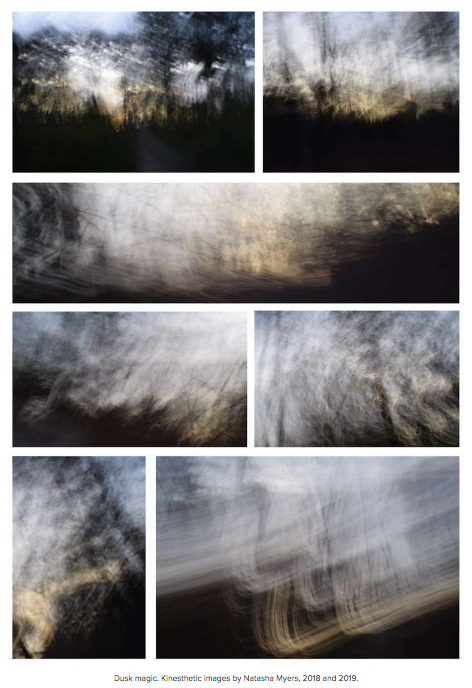Here's a thread of some articles surrounding these topics from the @culanth archives! All free and open access! Any other ideas, #AnthroTwitter, #ClimateTwitter?
https://twitter.com/teacheramyel/status/1289931665305817091
This 2017 article by Sarah Vaughn details the epistemic politics that shape the climate adaptation of sea defense in Guyana.
journal.culanth.org/index.php/ca/a…
journal.culanth.org/index.php/ca/a…

In this article from 2018, Jason Cons explores recent development projects that seek to instill resilience in populations likely to be severely impacted by climate change.
journal.culanth.org/index.php/ca/a…
journal.culanth.org/index.php/ca/a…

There's also this post by Thomas F. Thornton from a 2016 Hot Spots series, focusing on (the challenges and opportunities of) adaptation in the Arctic:
culanth.org/fieldsights/di…
culanth.org/fieldsights/di…
• • •
Missing some Tweet in this thread? You can try to
force a refresh






